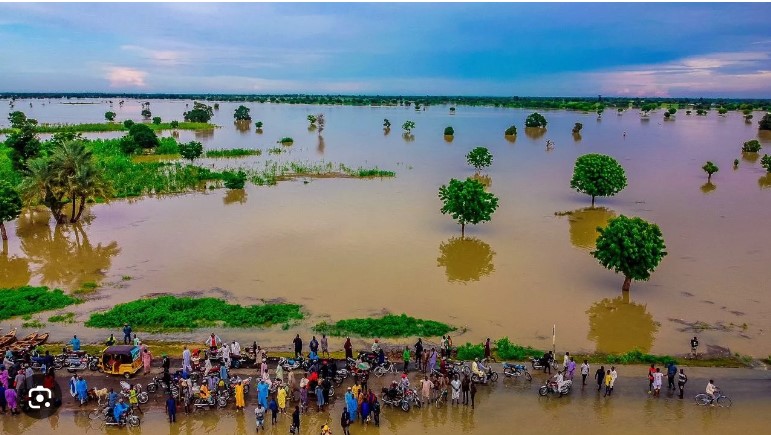By Joke Kujenya
A STUDY on climate change has revealed that there is a surprising twist noticed which offers home amidst climate challenges and encourages adaptive measures.
Amidst the ongoing discussions surrounding climate change, the study, published in Science Advances brings forth a remarkable revelation: heat waves, often regarded as one of the most visible consequences of global warming, are exhibiting unexpected behaviour.
Contrary to previous projections, these extreme weather events are slowing down in their movement across the planet, describing it as a phenomenon that carries both implications and opportunities for communities worldwide.
According to the study, which analyzed data spanning over four decades, heat waves have decreased in speed by approximately 20 percent since 1979. This deceleration means that these heat events are lingering longer over specific regions, baking larger areas with intensified temperatures.
Eurasia, the largest continental area on earth, comprising all of Europe and Asia, in particular, have experienced prolonged heat waves, while North America and Australia have witnessed significant spikes in both temperature and affected regions.
While the study highlights the intensifying nature of these heat waves, it also sheds light on potential silver linings amidst the climate crisis.
Slower-moving heat wave present an opportunity for communities to implement adaptive measures and innovative solutions to mitigate their impacts.
By understanding the dynamics of these evolving weather patterns, the study notes that policymakers, urban planners, and communities can devise strategies to build resilience and safeguard against the adverse effects of prolonged heat exposure.
Dr. Wel Zhang of Utah State University, one of the study’s co-authors, emphasizes the importance the importance of proactive adaptation in the face of challenging climate dynamics.
“While the deceleration of heat waves may seem counterintuitive, it provides us with critical window of opportunity to implement measures that can protect vulnerable populations and infrastructure,” says Dr. Zhang.
Furthermore, Dr. Gabriel Lau of Princeton University, underscores the need for a holistic approach to climate change resilience, stating: “By integrating scientific insights with community-driven initiatives, we can navigate the challenges posed by climate change and foster sustainable solutions for the future.”
The study, in conclusion, notes that, as communities worldwide grapple with far-reaching impacts of climate change, its findings offer a beacon of hope amidst uncertainty.
While the slowing heat wave presents its own set of challenges, it also invites us to reimagine our approach to climate resilience and innovation, adding that, by embracing the opportunities presented by evolving weather patterns, we can work towards a more sustainable and resilient future for generations to come.





